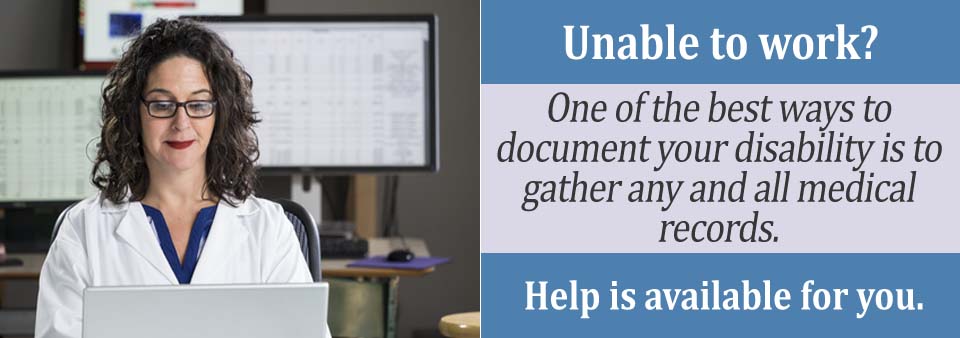When applying for disability insurance, the Social Security Administration (SSA) looks at two categories of qualification: medical and technical. Technical qualifications come down to income and past work history to determine if you’re financially eligible for benefits.
Medical qualification depends on an applicant’s diagnosis and symptoms, which must be severe enough to qualify them as “disabled”.
The SSA requires as many documents as possible to prove disability when applying. While getting help from a Social Security attorney is the best way to make your application its best, you can also begin the application on your own.
Here are the top five ways to document your disability to increase your chances of getting benefits:
1. Medical Records
The first and most important documents required for applying are medical records. These include all evidence of your disability from the moment you started seeing symptoms.
Hospital records, doctor’s visits, check-ups, and prescription lists are all vital in showing the SSA the severity of your disability.
Records are best kept organized and easily accessible throughout your claims process — occasionally the SSA will ask for clarification or copies of documents, so it is best to always have them on hand.
2. Treating Physician’s Testimony
Your primary care physician is often a great resource when proving disability. Their expertise and knowledge of your case gives their opinion a great deal of weight when the SSA is looking over your case.
Physician testimonials can be made in multiple ways. One option is to have the physician write up an official recommendation of disability, which can be included in your application. They can also perform residual functional capacity forms, or RFCs, which officially document a patient’s ability to function and can objectively show disability.
3. History of Medication Failure
Before the SSA awards disability benefits, they want to be certain that the patient has tried everything they can to resolve their medical issues. Especially in cases where normal treatment methods have proven ineffective, the SSA is more likely to recognize financial/medical strain and award disability benefits.
Keeping a list of all previous/current medications and their effectiveness is another good testimony to the severity of a disability. These papers can be included with the application.
4. Previous Employer/Colleague Testimony
To show the degree to which your disability hinders you, testimonies from old bosses or coworkers are vital. These provide insight on an applicant’s working life and show first-hand accounts of how their safety, efficiency, and/or capabilities are hindered by their disability.
The more an applicant is proven to be unable to work, the more likely they are to receive benefits.
5. Attorney’s Testimony
Lastly, testimony from a disability attorney can be a huge benefit to an applicant’s case. Attorneys are well-versed in the legal aspects of disability, and are well aware of all the qualifications necessary to receive benefits.
If an attorney attests on your behalf to your financial/medical need, the SSA is much more likely to approve your case. Especially if an initial application is approved, they can provide in-court legal testimony that also greatly boosts your chance of approval.
Contacting a Social Security Attorney
If you feel you may qualify for disability benefits, consider speaking with a disability advocate or attorney. Either one would be an irreplaceable resource when filing out applications, keeping paperwork organized, and aiding you in the appeals process if necessary.
To give yourself the best chance at receiving the assistance you deserve, speak with a disability attorney today.
